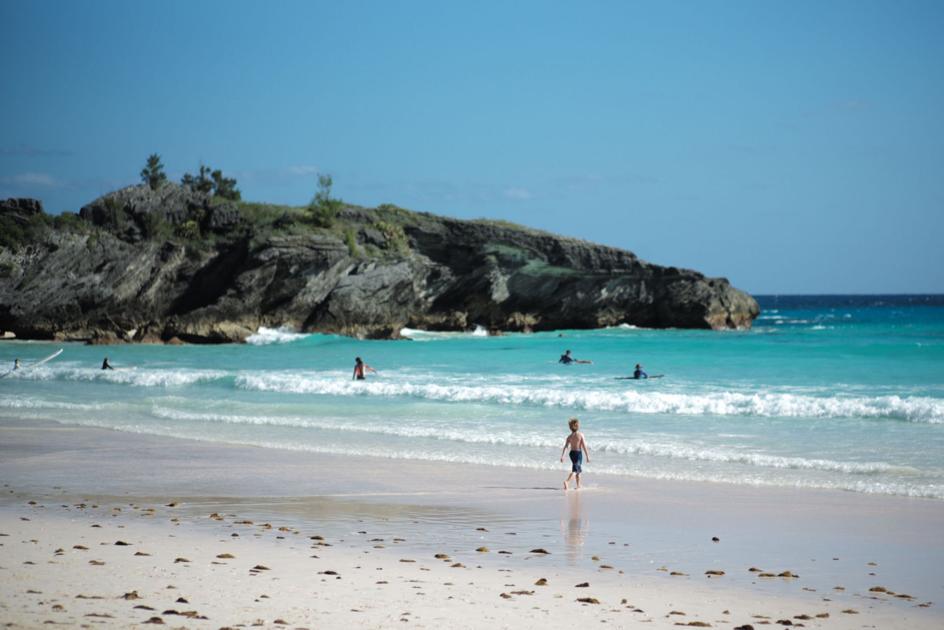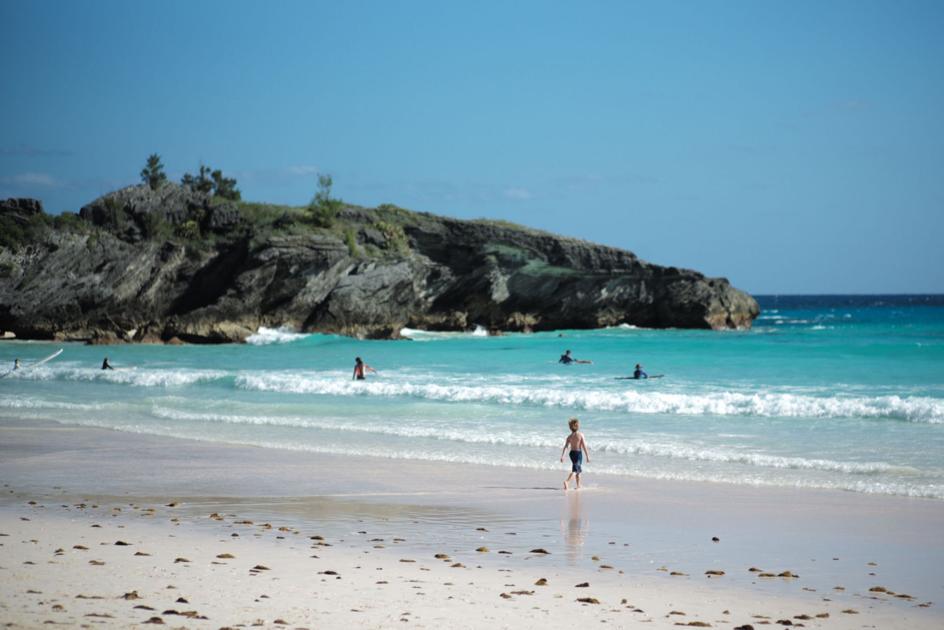
As soon as London’s first coronavirus lockdown ended last summer, Abbie Sheppard, 24, took a quick vacation to the island of Bermuda. Four months later, the vacation is long over but she’s still there — one of the thousands of people lured to islands in the Caribbean and the North Atlantic by programs aimed at snagging remote workers.
“I just never went back,” Sheppard, the chief of staff at the celebrity-booking company Cameo, said by telephone.
With traditional tourism hammered by the pandemic and many in Europe and North America working from home amid shorter days and dropping temperatures, islands across the Caribbean are trying to attract longer-term visitors. It’s the sun-kissed version of the road-tripping and temporary-rental trend seen over the summer.
Barbados, the Cayman Islands, Aruba, Puerto Rico, and St. Kitts and Nevis are among those wooing homebound toilers from abroad. This is distinct from pandemic promotions by some islands to sell second passports at a discount.
Attracting workers involves a delicate balancing act.
The Caribbean mostly has been spared the worst of the pandemic. By closing borders and shutting out cruise lines early, many islands managed to keep the virus at bay. Only eight places in the Western Hemisphere have reported no COVID-19 deaths, and they’re all small islands in the Caribbean and Atlantic.
The safety has come at a huge cost. Travel and hospitality represent 20% to 90% of the economy of Caribbean nations, making the region one of the most tourist-dependent swaths of the planet. The International Monetary Fund expects GDP across much of the region to collapse 9.9% this year.
Now, as the U.S. and Europe are seeing a second surge, islands are struggling with how to welcome back visitors without rolling out the red carpet for COVID-19.
Travelers entering Bermuda must present a negative coronavirus test upon boarding the airplane and are retested four more times over two weeks before they’re allowed to move about freely. The island of 64,000 people has reported 222 cases and nine deaths.
That makes it one of the most rigorous testing schemes in the world, a hassle for tourists but a perk for remote workers.
Along with proximity to the U.S. East Coast and robust business infrastructure, “one of our unique selling proposition is, clearly, how well we’ve been able to manage the virus,” Premier David Burt said.
Since launching its remote-worker visa program in July, Bermuda has received almost 600 applications. It may be a drop in the economic bucket — but every drop counts.
Barbados has also pushed hard and, since launching its Barbados Welcome Stamp in July, is playing host to almost 3,000 remote workers.
“We have no plans to sunset the program,” said Eusi Skeete, the U.S. director at Barbados Tourism Marketing. “It has extended the life cycle of visitors on our island.”
Competition is heating up. The Cayman Islands, which remains closed to general tourism, launched its Global Citizen Concierge Program last month for remote workers who make more than $100,000 a year and provide proof of employment and heath insurance.
The crowded market means destinations have to move beyond their usual pitch of beach, beauty, rum and sun.
“Look, it’s the Caribbean, every place has beautiful beaches, and we have them in droves,” said Rod Miller, the chief executive officer of Invest Puerto Rico, the U.S. territory’s investment promotion agency. “But we also have a critical mass in terms of business, opportunity and connectivity to the U.S. mainland in a way that these other markets don’t have.”
Part of Puerto Rico’s pitch is that it’s a seamless transition for U.S. mainlanders — a Caribbean island that doesn’t require a passport, has multiple daily flights to the East Coast and where your mobile phone, Netflix account and health insurance work as soon as you deplane.
Barbados has been emphasizing the speed of its internet and the quality of its health care and education — attributes that don’t usually appear in its tourism brochures.
Still, it’s not as simple as cracking open your laptop on a pristine beach and punching the clock. Far-flung workers have to navigate high prices, health care, spotty internet and distance from family in a region prone to hurricanes and tropical diseases.
It also means taxes and time zones can be tricky. Some of London’s top U.S. and European banks recently warned wayward staff to head home because their prolonged absence exposed the firms to paying taxes in foreign jurisdictions.
For many, the hassle is worth it. Samantha McGue, who works with HigherMe, a recruiting and hiring platform, moved from a 700-square-foot house in Denver to a place three times the size about 30 minutes from Puerto Rico’s capital.
“Trading a 2 1/2-hour commute for the ability to jump in the ocean and watch the sunset every day is pretty priceless,” she said.








